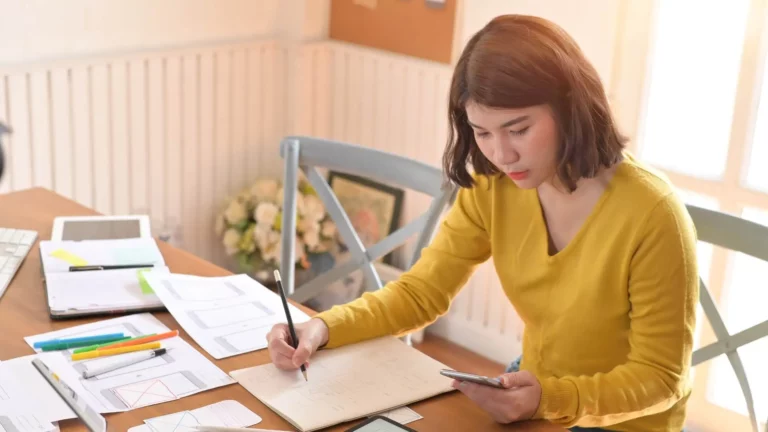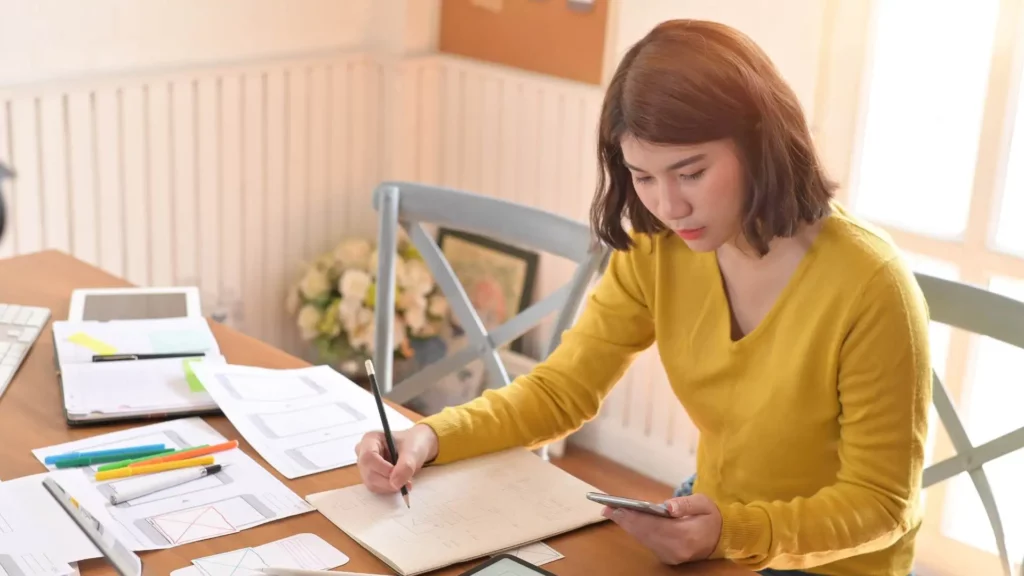For every individual ‘paying off your debts’ means only one thing, close it at the earliest before it starts to take control of your life in terms of financial planning. The way we approach differs from person to person, for example, some prefer clearing the large debts first and then the smaller ones while some go with the smaller debts followed by the larger debts.
Nevertheless, the strategy can be varied but a proper plan in place is important to focus on getting away with your debts quickly must be your priority. Here are some approaches to simplify your debt payment strategy.
Larger Debts First
Many opt for paying off the large debts first because it takes away a larger share of their income each month. If you are successful in paying off the higher-interest debts then saving on the interest becomes easy in the longer run, and some money is left to handle the other debts.
But think again if your larger debts are consuming a major chunk of the interest being paid then it will show no progress in terms of becoming debt-free. It pushes you slightly off track and strictly following a plan makes little sense.
Larger debts should never be repetitive as the time involved to finish them is too long to be ignored.
Smaller Debts First
Smaller debts are within your reach and give you the satisfaction of paying off regularly. The confidence to clear the debts continuously can instill confidence in approaching the larger ones quickly. It also helps in the accumulation of some amount that can be targeted for the larger ones.
A bigger disadvantage with this kind of approach is that the closure of smaller debts only means the saved amount goes as only interest for the larger payments and hence a commitment for a long time is certain.
Switch Your Approaches
When creating a debt payment plan, create a strategy that works best for you and the overall financial goal. Balancing your approach is the key, for instance, if you know that some of your debts can be closed in a few months then let it be at the top of your priority list. Determining to work on the larger or smaller debts can be identified after this is done.
Paying your debts without any prior ideas can ruin your time, energy, and savings. Financial status keeps fluctuating no matter how hard you try and hence a stable financial back-up is the only method to deal with debts.
You Can, With A Plan
It is easier said than done because even clearing a very small debt can be a herculean task. The basic daily needs and the bills can never be compromised as they themselves may convert into debt later. Using an emergency fund can take care of the necessities while you divert the other funds to smaller and larger debts.
Staying motivated throughout the journey of the debt payoff is essential if you are to emerge successful at the end.





























